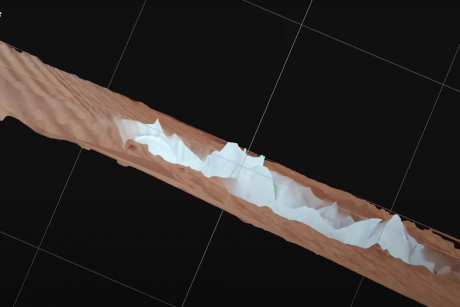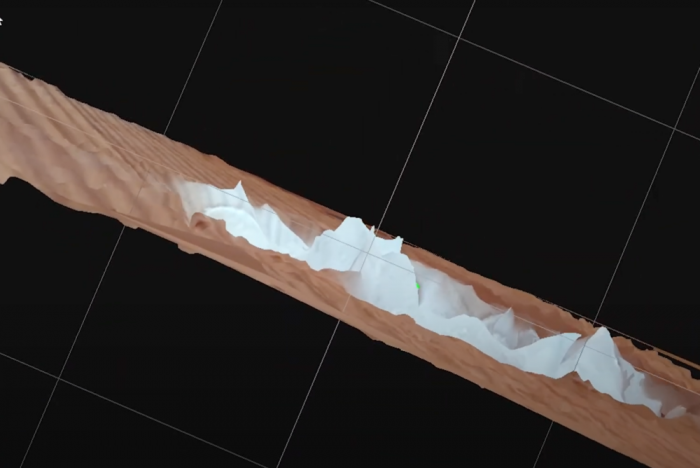Vilém Flusser Residency for Artistic Research 2021: MELT
Vilém Flusser Residency for Artistic Research 2021: MELT
The directory consists of Meltries – a series of entries organised alphabetically that each contain playful instructions demonstrating material practices related to melting. In their development of the Meltionary, they produce reports on failure, document how materials change, create experimental instructions for generating chemical reactions, develop circuits for DIY measuring devices and write theoretical-poetic texts.
During their residency, MELT will develop Meltry entry “A – Archiving the Unstable”, and explore how processes of melting set in motion events that cannot be measured by single timestamps. Roughly 640,000 years ago Yellowstone National park was created by an eruption from the supervolcano the Yellowstone Caldera. The eruption spat out direct, magma, and other materials, and the magma continues to shift and move under the surface, altering the landscape in the park to this day. Exploring the political and aesthetic changing states of water that includes melting, freezing, sublimation, deposition, condensation, and vaporisation, MELT will pose questions about things that are transitional, ongoing, or tend to disappear. Through this material-led exploration, MELT ask: How can archives account for the unstable or unperceivable by human senses? What might it mean to understand history through temperature rather than through time? How are the practices of archiving influenced by climate change and how might they account for these emerging realities?
These questions resonate well with Flusser’s critical statement about the understanding of history: “(...) history is precisely the storage and triage of acquired information. Every reflection produces history. But we men have a certain difficulty in conceiving of ‘history’ as a process of storing and sorting acquired information only in human memory. That is because we men store a great part of the acquired information in objects such as books, paintings, buildings and tools. And it is such objects that prove to us our human historicity by allowing us to reconstitute a ‘past history’. We men have difficulty to conceive of ‘history’ in the absence of these objects, of this ‘objective culture’.” (Vilém Flusser, *Vampyroteuthis Infernalis*)
During the residency MELT will also explore solutions and actions that refuse stability and progression to produce different relations to categorical archiving and historicizing practices.
The residency programme is a cooperation between the Vilém Flusser Archive at Berlin University of the Arts (UdK) and transmediale.


